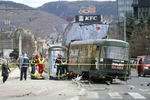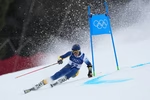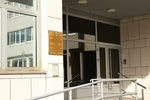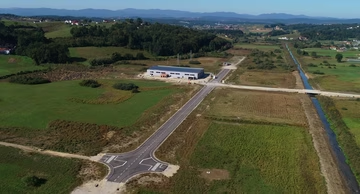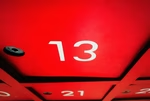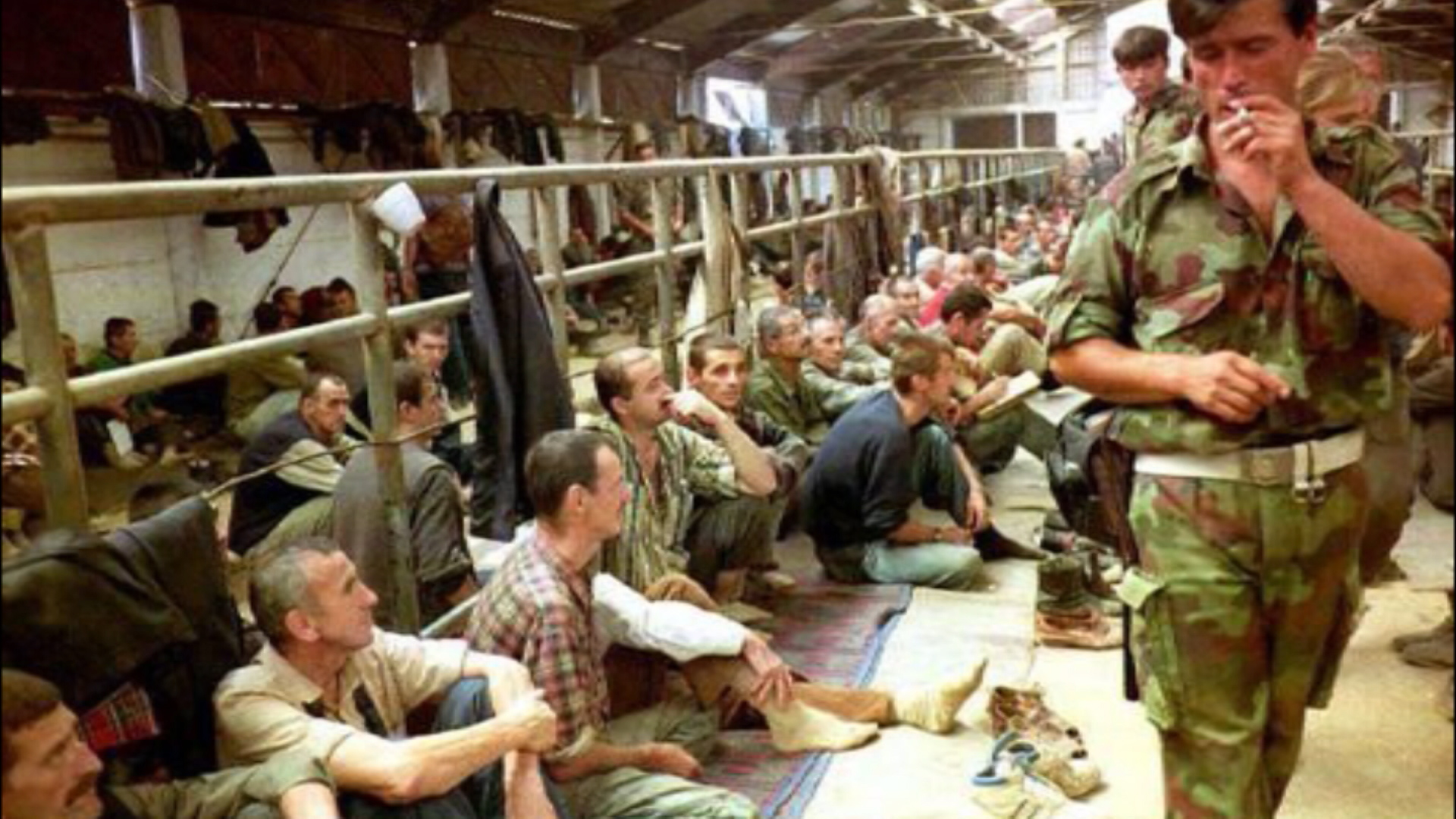
The remains of eight more Bosniak war crimes victims were identified on Wednesday, after they were recovered from mass graves around the northeastern Bosnian town of Vlasenica.
The town found itself under Bosnian Serb control at the start of Bosnia’s 1992-95 war, when hundreds of thousands of non-Serbs were killed or expelled with the goal of creating an ethnic pure Serb territory.
Many Bosniaks and Croats were rounded up and taken to the notorious Susica concentration camp. Their bodies were after the war found in numerous mass graves dotting eastern Bosnia.
Families of the victims now tell their stories.
Nebojsa Blagosavljevic was once called Edis Dzindo, while his brother, Sinisa, was once named Adis. They changed their Muslim Bosniak names into Serb ones to save their lives.
Blagosavljevic was 14 when he watched his father being taken away by Bosnian Serb soldiers from their family home. He never saw him again.
"There was some kind of poll with a question asking whether we want to stay in our city or go to a concentration camp," he told N1. "If you would want to stay, it would help to change your name and surname," he recalled.
"Since our mother is of Serb nationality and of Orthodox faith, we took her surname, changed our names, and we stayed there," Nebojsa said.
He said he is now telling his daughters about their grandfather and his background, so that who he was and how he was taken away is not forgotten.
He also said he lets his children play with other children regardless of nationality.
"I don't separate them from either group. My children are friends with Muslims and Serbs, they go to school together, they go out together," he explained.
Mirsad Alispahic also remembered the moment he saw his father, Suljo Alispahic, for the last time.
"They came to our house to take him away, she (his mother) would not let them," he recalled.
"They pushed her aside and two of them (Bosnian Serb soldiers) took him away. A red Yugo was waiting in front of the house. They pushed him inside and drove away. Since then, we never heard of him," Alispahic said.
Several members of Mensur Ferhatovic's family were killed as well and on Wednesday, the Commemorative Centre in Tuzla identified the remains of his sixth family member.
Victims found in mass graves are identifed through DNA analysis.
"We have already buried three uncles and my father in Vlasenica. Two of my brothers were also killed. We came here today to confirm the autopsy report for my brother, who was born in 1962," Ferhatovic said.
The wartime commander of the Susica camp, Dragan "Jenki" Nikolic, recently passed away. The Hague-based International Criminal Tribunal for the Former Yugoslavia had sentenced him to 20 years in prison after he confessed to participating in murders, rape and torture of Bosniak inmates in 1992. Four more people are being tried for their alleged involvement in the atrocities.
Kakvo je tvoje mišljenje o ovome?
Učestvuj u diskusiji ili pročitaj komentare





 Srbija
Srbija
 Hrvatska
Hrvatska
 Slovenija
Slovenija
















